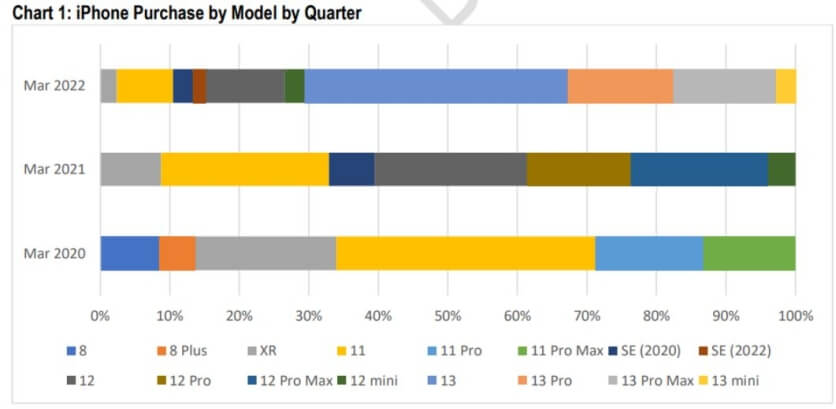The pandemic and its labor market consequences have forced companies and large corporations to find unconventional ways to attract and retain employees. The need to stay competitive has become particularly important at a time when 41% of workers worldwide are considering quitting or changing jobs. In their mission to retain female workers, companies offer an unusual benefit: egg freezing.
Yes, IVF, offered by a third of big companies like Facebook or Apple, is already a requirement to attract the workforce.
Fertility programs for employees. When Facebook and Apple started offering egg freezing benefits to their employees in 2014, the move was seen as typical Silicon Valley. Creative talent, while unconventional, has helped attract and retain younger tech talent, but is beyond everyone’s reach. Fertility benefits are no longer a novelty and a must for many businesses.
From IVF to funded surrogacy, fertility-based benefits are becoming something workers expect from employment packages. But will the trend towards family planning benefits survive the so-called Big Waiver? Experts seem to think so, as they believe that funding fertility care for your employees can help with diversity, increase employee engagement, and foster a supportive workplace culture.
a trend. Survey data from employment consultancy Mercer show that as of 2015, almost a quarter of large companies (500 or more employees) covered IVF. But in 2020, that figure rose to 27%. Last year, it rose to 36%. Meanwhile, the percentage of large companies covering egg freezing benefits increased from just 5% in 2015 to 15% in 2021.
“Between 2019 and 2020, we saw a 500% increase in companies adding family enhancement benefits. Some offer a limit of up to 200,000 euros to cover the cost of starting a family”, explains Peter Nieves, commercial director of WINFertility, a dedicated platform in the USA.
Why? Companies are noticing that fertility benefits are becoming more popular, especially among female employees between the ages of 25 and 40. This benefit is also important for couples diagnosed with infertility, same-sex couples and singles, and those who are unable to conceive naturally or start a family later on.
Its clients are Snap Inc., BuzzFeed Inc. “Five years before the pandemic, we saw a lot of interest but not a lot of purchases,” said Kate Ryder, director of the Maven Clinic, a family planning provider that includes Scientific Corp. The loss of staff in “The Big Exit”, the desire to provide more help to tired parents, and the pressure for more inclusive workplaces have prompted companies to consider fertility benefits. “And now everybody’s buying.”
Worldwide. Even outside the US, recruitment issues have forced large companies to offer fertility treatment benefits. In the UK, Natwest, Centrica, Clifford Chance and Cooley have launched plans to cover fertility benefits of up to £45,000 in 2021. In Japan, the government announced that civil servants would be paid to receive fertility treatment, while in Germany Qunomedical recently started offering fertility benefits to their employees, making it one of the first European initiatives to do so.
Other benefits for attracting labor. In the US, demand for workers far outstrips supply. There are currently about 1.8 jobs open for every unemployed worker, well above the pre-Covid ratio of 1.2. As a result, companies are raising wages and offering benefits unknown before 2020, such as covering college tuition and paying bonuses to employees who don’t miss out. Employers also offer more generous health packages, including mental health coverage, to compete for talent.













